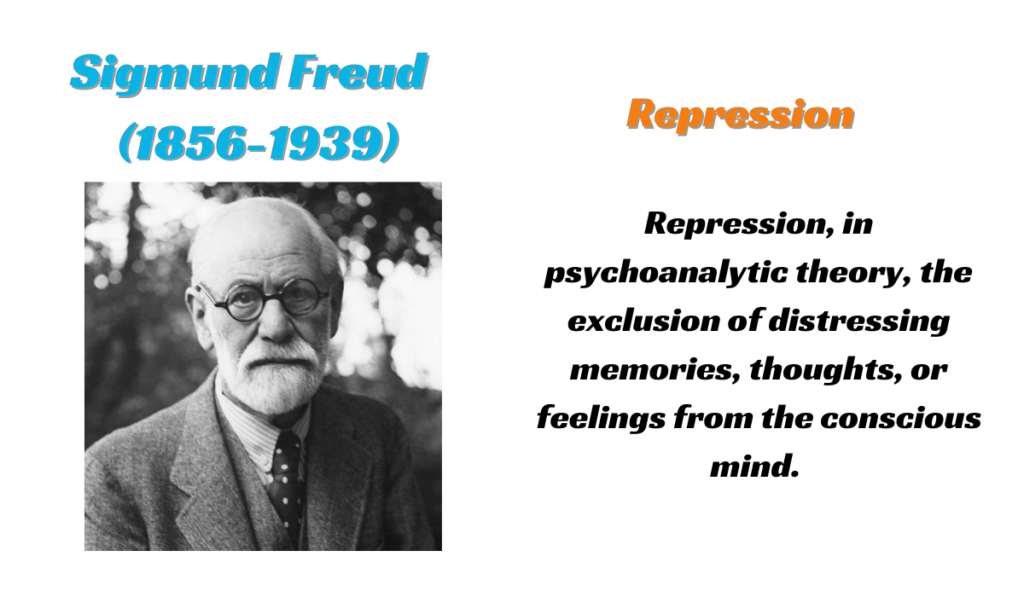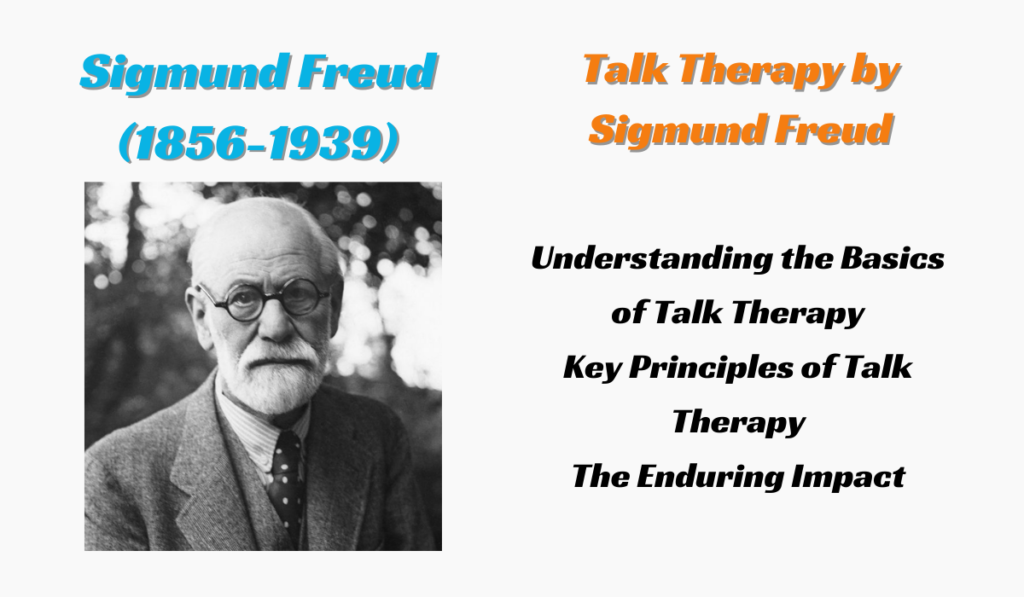
Is penis envy real? This is a question that has sparked debates in psychology for more than a century. The idea sounds strange, even controversial. But it comes from one of the most famous names in psychology: Sigmund Freud. In this blog, we will explain what penis envy is, where the idea came from, why it has been questioned, and what modern psychologists say about it.
We’ll also talk about a female psychologist, Karen Horney, who strongly disagreed with Freud’s theory. She gave her own answer to the question: “According to Horney, women might envy the penis but what they really want is…” Stay with us to find out what she said.
Key Takeaways
- Penis envy is a term created by Freud to describe a girl’s jealousy of not having a penis.
- What is penis envy? It’s a belief from Freud that girls feel inferior due to this lack.
- Karen Horney argued that what women really want is equal power and status, not male genitals.
- Is penis envy real? Most modern psychologists say no — it’s more about social envy than physical envy.
- Today, it’s seen as a symbol of inequality rather than a real psychological issue.
- How long does penis envy last? Freud said it could last into adulthood, but today’s experts say those feelings usually change with age and awareness.
Penis Envy
So, what is penis envy exactly? The term comes from Sigmund Freud’s theory of psychosexual development. Penis envy, like castration anxiety in boys, is a concept in Freud’s psychosexual development theory. In the phallic stage (around ages 3 to 6), girls shift affection from mothers to fathers. Freud believed this happens when girls realize they lack a penis. He suggested girls blame their mothers for this. However, Freud’s theories, including the Oedipal complex, castration anxiety, and penis envy, face substantial criticism.
Prominent female psychoanalysts like Karen Horney find their ideas distorted and patronizing. An alternative theory to the Oedipal complex is the Electra complex.
The Origin of the Penis Envy Theory
Freud introduced penis envy theory as part of his larger idea about how children develop mentally. He believed children go through different stages, and during the phallic stage (around age 3 to 6), both boys and girls become aware of their genitals.
Freud said that during this stage:
- Boys feel castration anxiety, meaning they fear losing their penis.
- Girls feel penis envy, meaning they wish they had one.
He believed this envy leads girls to feel “inferior” and that they turn their desire into a wish to marry a man and have a baby. In Freud’s view, this was part of how a girl becomes a woman mentally and emotionally.
But wait — is penis envy real, or is it just an old theory?
Is Penis Envy Real?
Many psychologists today question Freud’s theory. They ask: is penis envy real, or is it just something Freud imagined based on the culture and time he lived in?
It’s important to understand that Freud lived in the early 1900s, a time when women had fewer rights and opportunities. Some experts believe his theory reflected more of the society’s sexism than actual science.
Still, some people say they relate to the idea — not in terms of actually wanting a penis, but feeling limited by society’s rules for women.
Criticism of Freud’s Penis Envy Theory
Karen Horney criticized Freud’s views on feminine psychology, and Melanie Klein pioneered “play therapy,” still used today. Critics arose due to Freud’s offensive views on women in psychology. Karen Horney challenged his “penis envy” concept.
Furthermore, she offered her own perspective on male psychology. Sophie Freud, Freud’s granddaughter, also criticized her famous relative.
Karen Horney, a psychoanalyst, challenged Freud’s “penis envy.” She proposed that men experience “womb envy” due to their inability to bear children.
Freud indirectly replied, stating that a woman analyst not recognizing her desire for a penis might overlook it in patients. Freud believed Horney’s “womb envy” idea stemmed from her own supposed “penis envy.
“Sophie Freud, his granddaughter, felt Freud’s views on female sexuality didn’t align with the Victorian era’s patriarchal norms. She believed his theories reflected society’s belief that females were secondary and didn’t meet the norm.
In conclusion, Freud acknowledged his limited understanding of women. He wrote that his knowledge about femininity was incomplete and not always friendly. He suggested seeking personal experiences and poetry or waiting for better scientific insights.
What Does Penis Envy Mean in Modern Psychology?
So, what does penis envy mean today?
In modern psychology, the term is often seen as outdated. Most therapists and researchers believe Freud’s idea was too focused on male-centered thinking. Today, psychologists focus more on how culture, upbringing, and personal experience affect identity.
However, the term “penis envy” is still sometimes used in books, films, or pop culture to talk about power imbalance, not the actual desire for male genitals.
So, is penis envy real? Some people still talk about it, but most experts see it more as a symbol than a literal feeling.
How Long Does Penis Envy Last?
A common question people ask is: how long does penis envy last?
According to Freud, this feeling starts during childhood and may stay in the unconscious mind for a long time. He believed it could affect how a woman sees herself even as an adult.
But again, many modern psychologists don’t agree. They say if a woman ever feels “envy,” it’s usually connected to social status, power, or independence — not body parts. So any feelings like this often fade as a person grows up and understands the world better.
Penis Envy and Gender Roles
Freud’s penis envy theory is often criticized for reinforcing gender roles. His ideas suggest that women are naturally passive, while men are active and dominant. These beliefs have been challenged by generations of feminists and psychologists.
In fact, today’s psychologists are more focused on equality, mental health, and understanding how both men and women are shaped by society, not just biology.
Is Penis Envy Just a Myth?
Let’s put it simply: is penis envy real or a myth?
- If you take Freud’s idea literally, many would say it’s a myth.
- If you see it as a symbol for deeper issues like inequality, then it might have some truth.
For example, if a woman says she wishes she were a man so people would respect her more, is that penis envy? Not really. That’s about wanting respect and rights, not a body part.
So the truth may lie somewhere in the middle.
Why Understanding This Theory Still Matters
You may wonder, “Why should I care about an old theory like this?”
Even if penis envy is no longer widely accepted, it teaches us:
- How psychology has changed over time.
- How gender roles used to be defined.
- Why it’s important to listen to different views, like Karen Horney’s.
The conversation around “is penis envy real” also helps us understand how society treats men and women, and how those differences affect mental health.
FAQs
1. What is penis envy in psychology?
Penis envy is a theory by Sigmund Freud. It says that young girls feel jealous when they realize they don’t have a penis like boys. Freud believed this feeling shapes a girl’s development into womanhood.
2. Is penis envy real according to modern psychologists?
Most modern psychologists do not believe penis envy is real. They think it reflects old views about women. Today, experts say any “envy” is more about wanting equal power, respect, or freedom—not physical traits.
3. According to Horney, women might envy the penis but what they really want is…?
According to Horney, women might envy the penis but what they really want is equal rights, respect, and independence. She believed women are not jealous of male body parts, but of the freedom men had in society.
4. What does penis envy mean in today’s world?
Today, penis envy often means wanting the same rights, voice, or power that men have—not a literal desire for a penis. It’s seen more as a symbol of social inequality than an emotional issue.
5. How long does penis envy last, if it happens?
Freud said penis envy lasts into adulthood as part of unconscious thoughts. But most experts today say that if a girl ever feels this way, those feelings fade with time, education, and personal growth.
Mariam holds an MS in Sociology with a specialization in Medical Sociology and Social Psychology. With a strong academic background and extensive research work in both fields, she brings depth and clarity to complex topics. Her writing explores the intersection of society, health, and the human mind, making academic ideas easy to grasp and relevant to everyday life.


